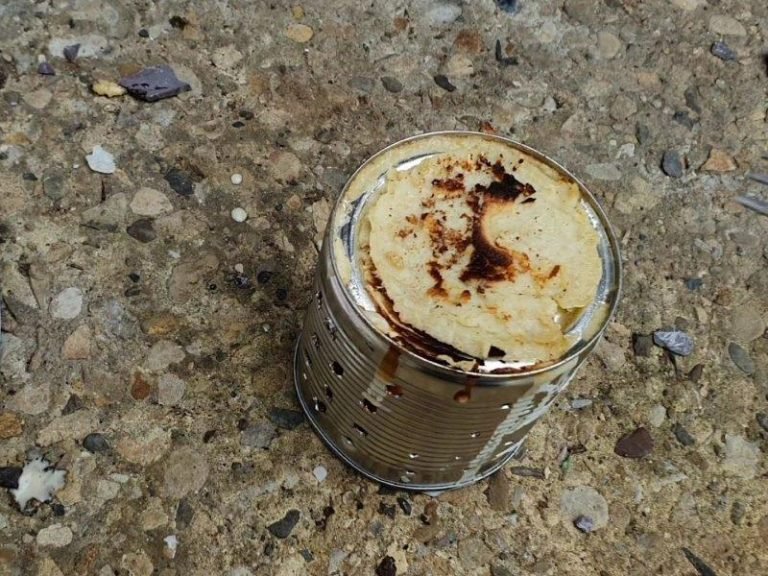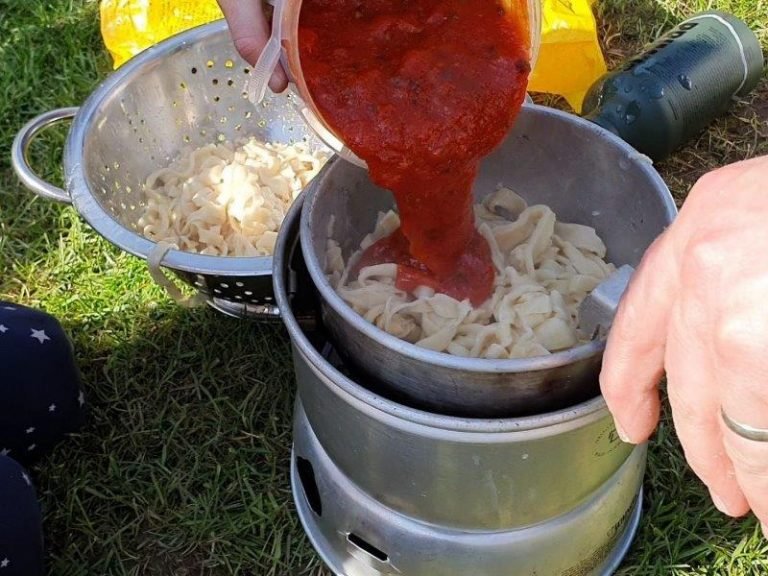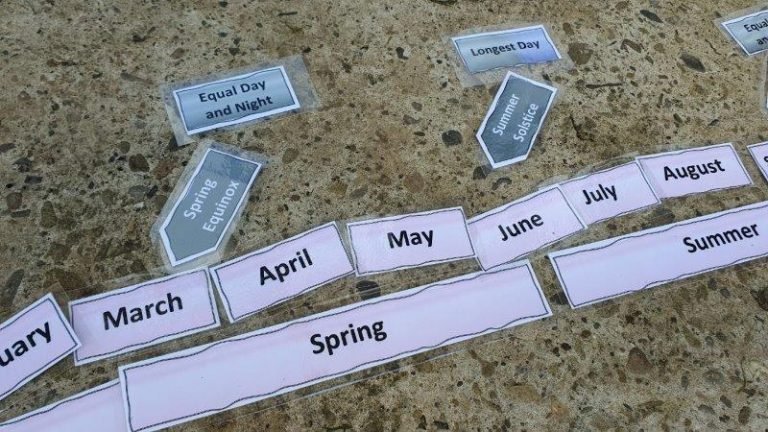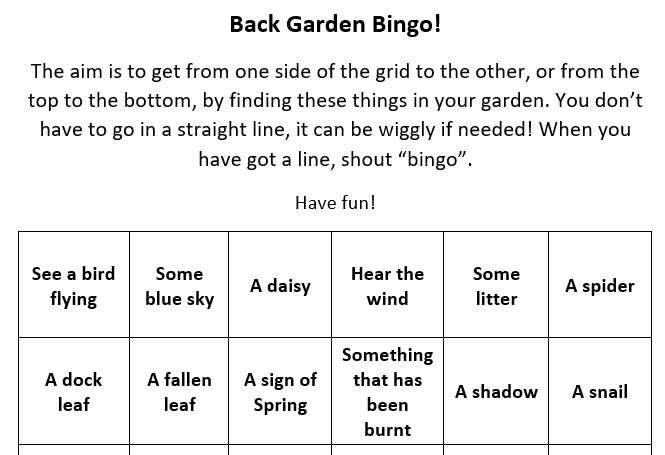The Phases of the Moon: Avoiding Corona Boredom

This is the latest in the #avoidingcoronaboredom series- see the blog for all the other ideas we’re sharing, and a way for you to spend some time observing and monitoring what the moon is doing over the next two or three weeks. Often during our Dark Skies events on the North York Moors people ask why they can’t see the moon- and our answer is that that’s the way we’ve planned it. The sky is darkest when the moon is absent, or at least the thinnest sliver of a crescent. This post builds on our previous when where we can look at the dark skies from our gardens– indeed, I did that one first as once the moon builds, the stars will fade in the glory of their lunar cousin!
The moon’s cycle takes approximately twenty nine and a half days to complete, and within this cycle it has several phases. We all know what a full moon and a crescent moon looks like, but there so much more to find out. Ultimately, this blog is a suggestion for you to do some research with children that aren’t at school, as a way of engaging them and getting them away from screens and out in the fresh air- even if it’s just for a minutes each evening.
So here’s some ideas for you to reaeach and and then observe during this cycle of the moon!
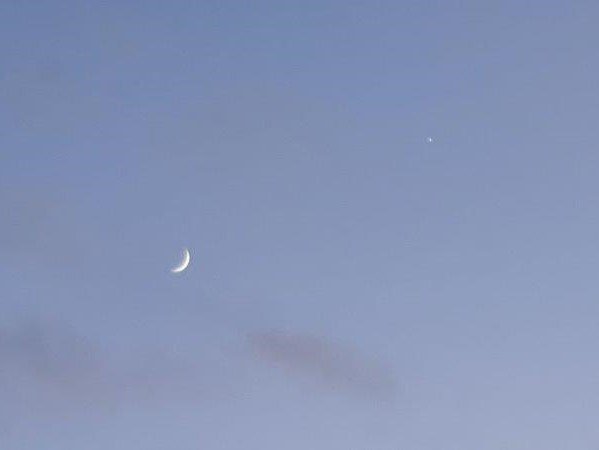
Idea One: waxing and waning are terms that describe the moon’s progress, but what does each of these terms mean! When looking at the moon, how do we know if it is waxing or waning?
Idea Two: we all know what a crescent moon looks like, but what do we call a moon has half of it’s visible surface illuminated? You can then couple this with waxing and waning above, to know where the moon is in its cycle.
Idea Three: what is a new moon? Is it a full moon? Is this the start of the cycle? Or is it the end? How long does a new moon last? Where is the sun in relation to the moon? And where are we/where is earth?
Idea Four: where does the moon rise? Does it rise the same direction each time? What time does it rise? Why do we sometimes see the moon during the day? How long does it take the moon to orbit the Earth?
Idea Five: what affect does the moon have on the tides? Why does it have this affect? What is the difference between neap tides and spring tides?
Idea Six: this is one of my favourites- research a little about the folklore and heritage beliefs of the moon and it’s influence on cultures around the world. There’s some fascinating facts and beliefs people held!
Idea Seven: document this experience and the learning you’re getting from it- you can either do it writing and hand drawn pictures in a Spring Journal, or take some photos and record this electronically!

There’s some great websites out there, one I use quite lot is timeanddate.com for sunrise, sunset and lunar calendar information- and they offer this article on the phases of the moon. There’s also some great lunar calendars that you can buy so you can see at a glimpse what the moon will be doing on a given date- but with the current restrictions of deliveries these may take a while to get to you- instead have a look at the different apps you can download, the one I use is Phases of the Moon for Android
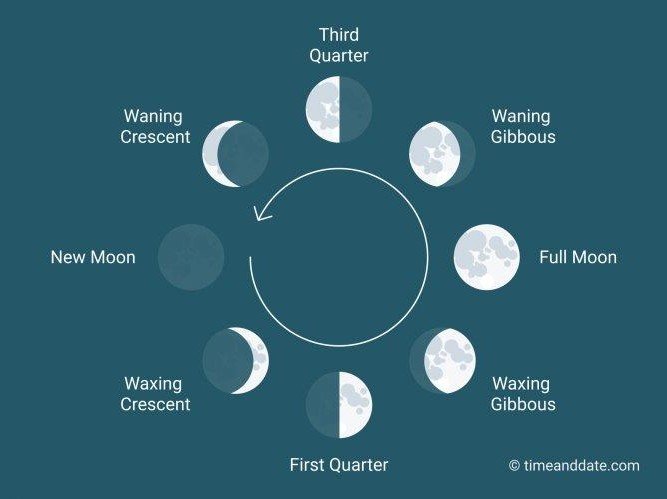
One of the things I really love about taking time to notice and be curious about what’s around us is that once we realise it, we always appreciate it- and we cannot be outside without acknowledging that we are aware of the cycles and natural processes that we often take for granted! Plus, at what is a stressful and anxiety laden time, doing something which gets us off the sofa and outside is definitely going to have a positive impact on our mental health and personal well-being!
Share your thoughts and ideas with us on Facebook or tag us in your Insta pics; we are also keen to hear how you are enjoying the #avoidingcoronaboredom series: are you doing some of the activities? Which is your favourite? Would you like us to do one on a particular subject?





